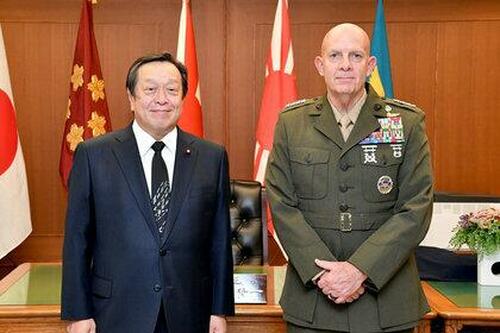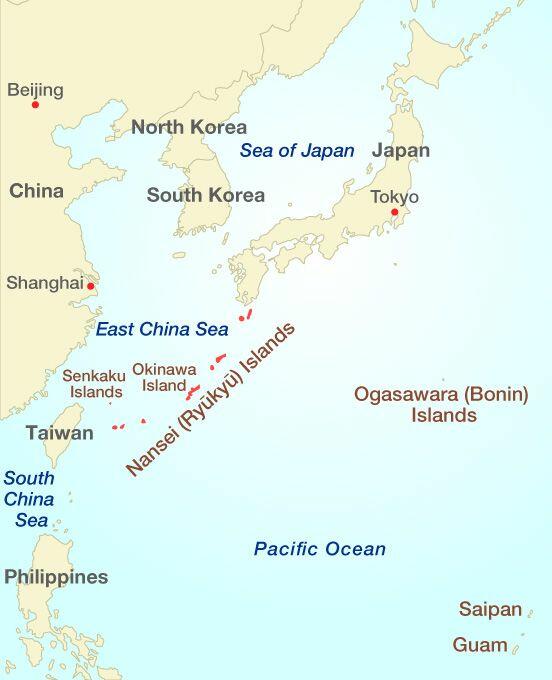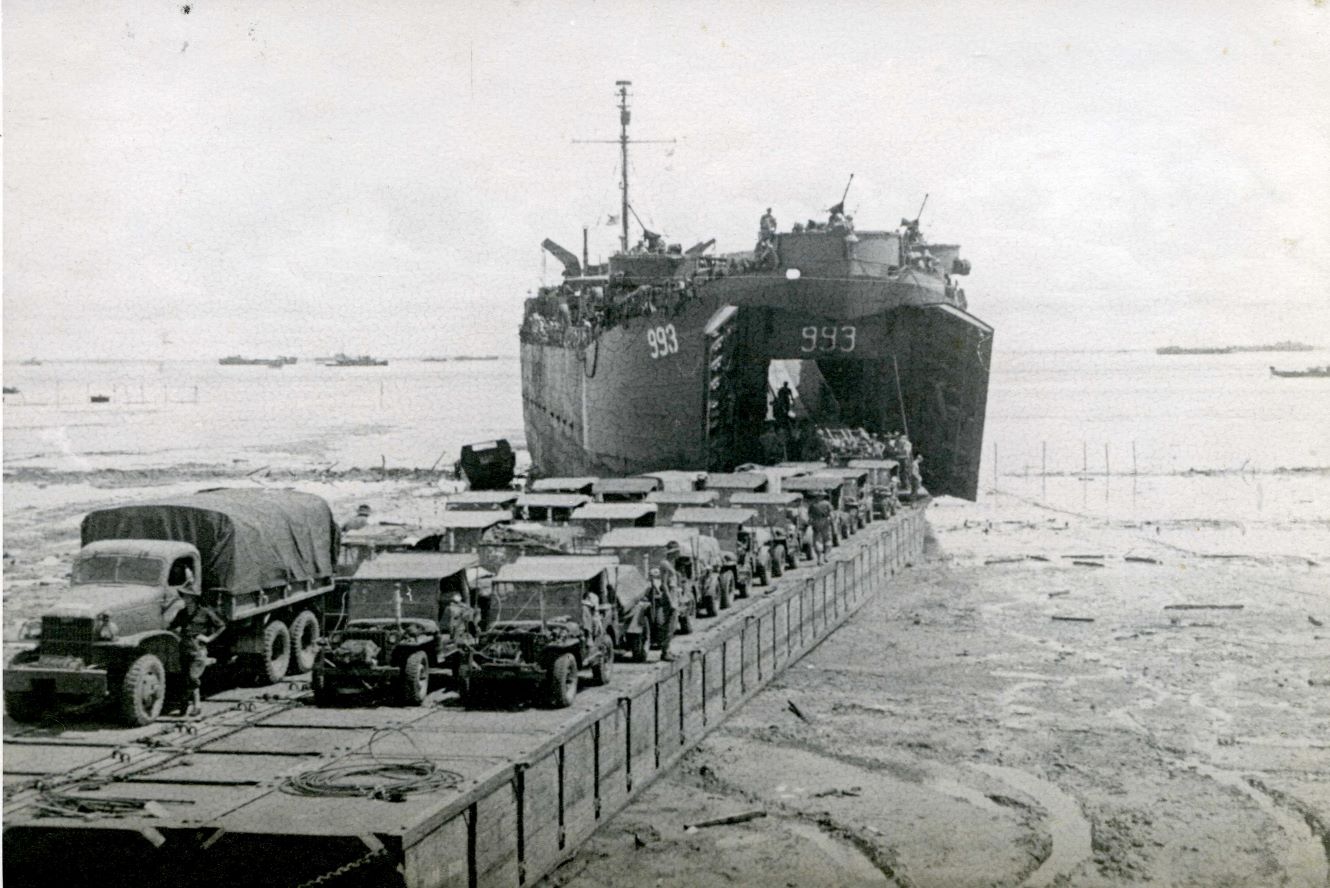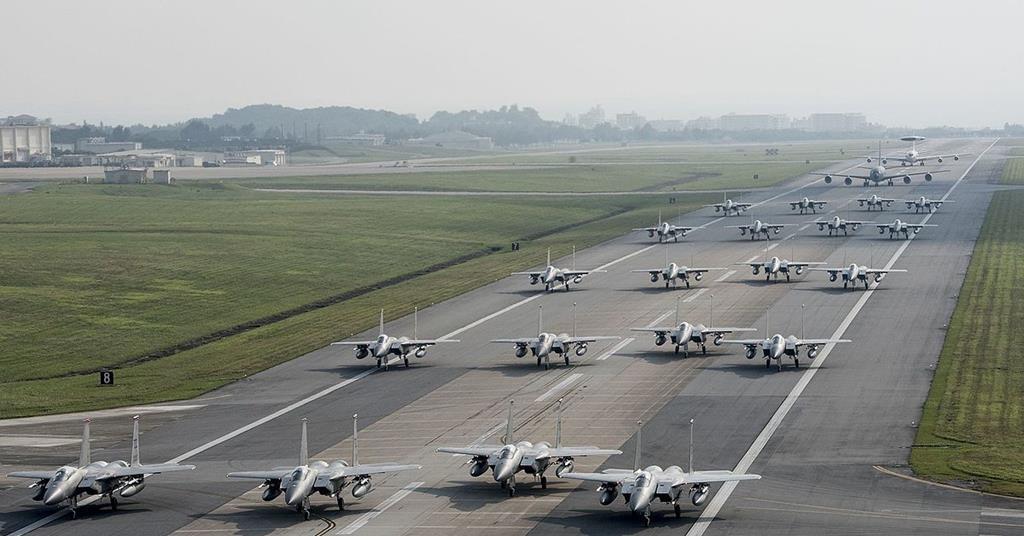Continued.....
When Hu Jintao took over from Jiang in 2002, China moved even further toward collective leadership. Hu ruled with the consent of the nine members of the Standing Committee, a clique known as the “nine dragons controlling the water.” There were downsides to this egalitarian approach. A single member of the Standing Committee could veto any decision, driving the perception of Hu as a weak leader unable to overcome gridlock. For nearly a decade, the economic reforms that began under Deng stalled. But there were upsides, too, since the need for consensus prevented careless decisions. When SARS broke out in China during his first year in office, for instance, Hu acted prudently, firing China’s health minister for covering up the extent of the outbreak, and encouraging cadres to report infections truthfully.
Hu also sought to expand the use of term limits. Although he ran into resistance when he tried to institute term limits for members of the Politburo and its Standing Committee, he did manage to introduce them at the level of provincial ministers and below. More successfully, Hu established an unprecedented process by which the composition of the Politburo was first selected by a vote of senior party members.
Ironically, it was through this quasi-democratic system that Xi rose to the heights of power. In 2007, at an expanded meeting of the Central Committee, the CCP’s top 400 or so leaders gathered in Beijing to cast votes recommending which ministerial-level officials from a list of 200 should join the 25-member Politburo. Xi received the most. The deciding factor, I suspect, was not his record as party chief of Zhejiang or Shanghai but the respect voters held for his father, along with the endorsement of (and pressure from) some key party elders. In a similar advisory election five years later, Xi got the most votes and, by the consensus of the outgoing leaders, ascended to the top of the pyramid. He swiftly got to work undoing decades of progress on collective leadership.
PARTY OF ONE?
When Xi took the reins, many in the West hailed him as a Chinese Mikhail Gorbachev. Some imagined that, like the Soviet Union’s final leader, Xi would embrace radical reforms, releasing the state’s grip on the economy and democratizing the political system. That, of course, turned out to be a fantasy. Instead, Xi, a devoted student of Mao and just as eager to leave his mark on history, has worked to establish his absolute power. And because previous reforms failed to place real checks and balances on the party leader, he has succeeded. Now, as under Mao, China is a one-man show.
One part of Xi’s plot to consolidate power was to solve what he characterized as an ideological crisis. The Internet, he said, was an existential threat to the CCP, having caused the party to lose control of people’s minds. So Xi cracked down on bloggers and online activists, censored dissent, and strengthened China’s “great firewall” to restrict access to foreign websites. The effect was to strangle a nascent civil society and eliminate public opinion as a check on Xi.
Another step he took was to launch an anticorruption campaign, framing it as a mission to save the party from self-destruction. Since corruption was endemic in China, with nearly every official a potential target, Xi was able to use the campaign as a political purge. Official data show that from December 2012 to June 2021, the CCP investigated 393 leading cadres above the provincial ministerial level, officials who are often being groomed for top positions, as well as 631,000 section-level cadres, foot soldiers who implement the CCP’s policies at the grassroots level. The purge has ensnared some of the most powerful officials whom Xi deemed threatening, including Zhou Yongkang, a former Standing Committee member and the head of China’s security apparatus, and Sun Zhengcai, a Politburo member whom many saw as a rival and potential successor to Xi.
Tellingly, those who helped Xi rise have been left untouched. Jia Qinglin, Fujian’s party chief in the 1990s and eventually a member of the Standing Committee, was instrumental in helping Xi climb the ranks of power. Although there is reason to believe that he and his family are exceedingly corrupt—the Panama Papers, the trove of leaked documents from a law firm, revealed that his granddaughter and son-in-law own several secret offshore companies—they have not been caught up in Xi’s anticorruption campaign.
Xi’s tactics are not subtle. As I learned from one party insider whom I cannot name for fear of getting him in trouble, around 2014, Xi’s men went to a high-ranking official who had openly criticized Xi and threatened him with a corruption investigation if he didn’t stop. (He shut up.) In pursuing their targets, Xi’s subordinates often pressure officials’ family members and assistants. Wang Min, the party chief of Liaoning Province, whom I knew well from our days as students at the Central Party School, was arrested in 2016 on the basis of statements from his chauffeur, who said that while in the car, Wang had complained to a fellow passenger about being passed over for promotion. Wang was sentenced to life in prison, with one of the charges being resistance to Xi’s leadership.
After ejecting his rivals from key positions, Xi installed his own people. Xi’s lineage within the party is known as the “New Zhijiang Army.” The group consists of his former subordinates during his time as governor of Fujian and Zhejiang Provinces and even university classmates and old friends going back to middle school. Since assuming power, Xi has quickly promoted his acolytes, often beyond their level of competence. His roommate from his days at Tsinghua University, Chen Xi, was named head of the CCP’s Organization Department, a position that comes with a seat on the Politburo and the power to decide who can move up the hierarchy. Yet Chen has no relevant qualifications: his five immediate predecessors had experience with local party affairs, whereas he spent nearly all his career at Tsinghua University.
Xi and his deputies have demanded a degree of loyalty not seen since Mao.
Xi undid another major reform: “the separation of party and state,” an effort to reduce the degree to which ideologically driven party cadres interfered with technical and managerial decisions in government agencies. In an attempt to professionalize the bureaucracy, Deng and his successors tried, with varying degrees of success, to insulate the administration from CCP interference. Xi has backtracked, introducing some 40 ad hoc party commissions that end up directing governmental agencies. Unlike his predecessors, for example, he has his own team to handle issues regarding the South China Sea, bypassing the Foreign Ministry and the State Oceanic Administration.
The effect of these commissions has been to take significant power away from the head of China’s government, Premier Li Keqiang, and turn what was once a position of co-captain into a sidekick. The change can be seen in the way Li comports himself in public appearances. Whereas Li’s two immediate predecessors, Zhu Rongji and Wen Jiabao, stood side by side with Jiang and Hu, respectively, Li knows to keep his distance from Xi, as if to emphasize the power differential. Moreover, in the past, official communications and state media referred to the “Jiang-Zhu system” and the “Hu-Wen system,” but almost no one today speaks of a “Xi-Li system.” There has long been a push and pull between the party and the government in China—what insiders call the struggle between the “South Courtyard” and the “North Courtyard” of Zhongnanhai, the imperial compound that hosts the headquarters of both institutions. But by insisting that everyone look up to him as the highest authority, Xi has exacerbated tensions.
Xi has also changed the dynamic within the Standing Committee. For the first time in CCP history, all Politburo members, even those on the Standing Committee, must report directly to the head of the party by submitting periodic reports to Xi, who personally reviews their performance. Gone is the camaraderie and near equality among Standing Committee members that once prevailed. As one former official in Beijing told me, one of the committee’s seven members—Wang Qishan, China’s vice president and a longtime ally of Xi—has grumbled to friends that the dynamic between Xi and the lesser members is that of an emperor and his ministers.
Xi is positioning himself not as merely a great party leader but as a modern-day emperor.
The most brazen change Xi has ushered in is to remove China’s presidential term limit. Like every paramount leader from Jiang onward, Xi holds three positions concurrently: president of China, leader of the party, and head of the military. Although the limit of two five-year terms applied only to the first of those three positions, beginning with Hu, there was an understanding that it must also apply to the other two to make it possible for the same person to hold all three posts.
But in 2018, at Xi’s behest, China’s legislature amended the constitution to do away with the presidential term limit. The justification was laughable. The professed goal was to make the presidency consistent with the party and military positions, even though the obvious reform would have been the reverse: to add term limits to those positions.
Then there is the cult of personality. Even though the ban on such cults remains in the party constitution, Xi and his deputies have demanded a degree of loyalty and admiration for the leader not seen since Mao. Ever since 2016, when Xi was declared the party’s “core leader” (a term never given to his predecessor, Hu), Xi has positioned himself in front of members of the Standing Committee in official portraits. His own portraits are hung everywhere, Mao style, in government offices, schools, religious sites, and homes. According to Radio France Internationale, Xi’s subordinates have proposed renaming Tsinghua University, his alma mater and China’s top school, Xi Jinping University. They have even argued for hanging his picture alongside Mao’s in Tiananmen Square. Although neither idea went anywhere, Xi did manage to get Xi Jinping Thought enshrined in the party’s constitution in 2017—joining Mao as the only other leader whose own ideology was added to the document while in office—and in the state constitution the next year. In one lengthy article published in Xinhua, the state media organ, in 2017, a propagandist crowned Xi with seven new North Korean–style titles that would have made his post-Mao predecessors blush: “groundbreaking leader,” “diligent worker for the people’s happiness,” “chief architect of modernization in the new era,” and so on.
Within the party, Xi’s lineage is carrying out a fierce campaign insisting that he be allowed to stay in power to finish what he started: namely, “the great rejuvenation of the Chinese nation.” As their efforts intensify, their message is being simplified. In April, party officials in Guangxi proposed a new slogan: “Always support the leader, defend the leader, and follow the leader.” In an echo of Mao’s “little red book,” they also issued a pocket-size collection of Xi quotations and invited citizens to memorize its contents. Xi seems to be positioning himself not as merely a great party leader but as a modern-day emperor.
THE EMPEROR HAS NO CLOTHES
The more a political system centers on a single leader, the more the flaws and peculiarities of that leader matter. And in the case of Xi, the leader is thin-skinned, stubborn, and dictatorial.
These qualities were in evidence even before he took office. In 2008, Xi became president of the Central Party School, where I taught. At a faculty meeting the next year, the number two official at the school conveyed Xi’s threat to teachers that he would “never allow them to eat from the party’s rice bowl while attempting to smash the party’s cooking pot”—meaning taking government pay while discreetly criticizing the system. Angry about Xi’s absurd notion that it was the party, not Chinese taxpayers, that bankrolled the state, I talked back from my seat. “Whose rice bowl does the Communist Party eat from?” I asked out loud. “The Communist Party eats from the people’s rice bowl but smashes their cooking pot every day.” No one reported me; my fellow professors agreed with me.
Xi acts as “chairman of everything.”
Once in office, Xi proved unwilling to brook criticism. Xi uses Standing Committee and Politburo meetings not as an opportunity to hash out policies but as a chance to deliver hours-long monologues. According to official data, between November 2012 and February 2022, he called for 80 “collective study sessions,” in which he spoke at length on a given topic before the Politburo. He rejects any suggestions from subordinates that he thinks will make him look bad. According to an old friend of Wang Qishan, who as a Standing Committee member during Xi’s first term was part of the inner circle, Wang once proposed that Xi’s “eight-point regulation,” a list of requirements for party members, be made an official party rule. But even this rather sycophantic suggestion was considered an affront by Xi because he had not come up with it himself, and he rebuked Wang on the spot.
Xi is also a micromanager. He acts as “chairman of everything,” as many analysts have noted. In 2014, for example, he issued instructions on environmental protection 17 times—a remarkable degree of meddling, given all that is on his plate. Deng, Jiang, and Hu recognized that administering a country as vast as China requires taking local complexities into account. They emphasized that cadres at all levels should take instructions from the CCP’s Central Committee but adapt them to specific situations as needed. Such flexibility was crucial for economic development, since it gave local officials room to innovate. But Xi insists that his instructions be obeyed to the letter. I know of a county party chief who in 2014 tried to create an exception to the central government’s new rules on banquets because his county needed to host delegations of foreign investors. When Xi learned of the attempted innovation, he grew furious, accusing the official of “speaking ill of the CCP Central Committee’s policy”—a serious charge that, as a result of this incident, was subsequently codified in the party’s disciplinary regulations and is punishable by expulsion.
The CCP used to have a long tradition, dating back to Mao, in which cadres could write to the top leader with suggestions and even criticisms, but those who dared try this with Xi early in his tenure learned their lesson. Around 2017, Liu Yazhou, a general in the People’s Liberation Army and a son-in-law of a former president, wrote to Xi recommending that China reverse its policy in Xinjiang and cease rounding up members of the Uyghur minority. He was warned not to speak ill of Xi’s policies. Xi’s refusal to accept such counsel removes an important method of self-correction.
Why, unlike his predecessors, is Xi so resistant to others’ advice? Part of the reason, I suspect, is that he suffers from an inferiority complex, knowing that he is poorly educated in comparison with other top CCP leaders. Even though he studied chemical engineering at Tsinghua University, Xi attended as a “worker-peasant-soldier,” a category of students admitted in the 1970s on the basis of political reliability and class background, not their academic merits. Jiang and Hu, by contrast, earned their spots in university through highly competitive exams. In 2002, when Xi was a provincial cadre, he received a doctoral degree in Marxist theory, also at Tsinghua, but as the British journalist Michael Sheridan has documented, Xi’s dissertation was riddled with instances of suspected plagiarism. As I know from my time at the Central Party School, high-ranking officials routinely farm out their schoolwork to assistants while their professors turn a blind eye. Indeed, at the time he supposedly completed his dissertation, Xi held the busy job of governor of Fujian.
MR. WRONG
In any political system, unchecked power is dangerous. Detached from reality and freed from the constraint of consensus, a leader can act rashly, implementing policies that are unwise, unpopular, or both. Not surprisingly, then, Xi’s know-it-all style of rule has led to a number of disastrous decisions. The common theme is an inability to grasp the practical effect of his directives.
Consider foreign policy. Breaking with Deng’s dictum that China “hide its strength and bide its time,” Xi has decided to directly challenge the United States and pursue a China-centric world order. That is why he has engaged in risky and aggressive behavior abroad, militarizing the South China Sea, threatening Taiwan, and encouraging his diplomats to engage in an abrasive style of foreign policy known as “Wolf Warrior” diplomacy. Xi has formed a de facto alliance with Russian President Vladimir Putin, further alienating China from the international community. His Belt and Road Initiative has generated growing resistance as countries tire of the associated debt and corruption.
Continued.....






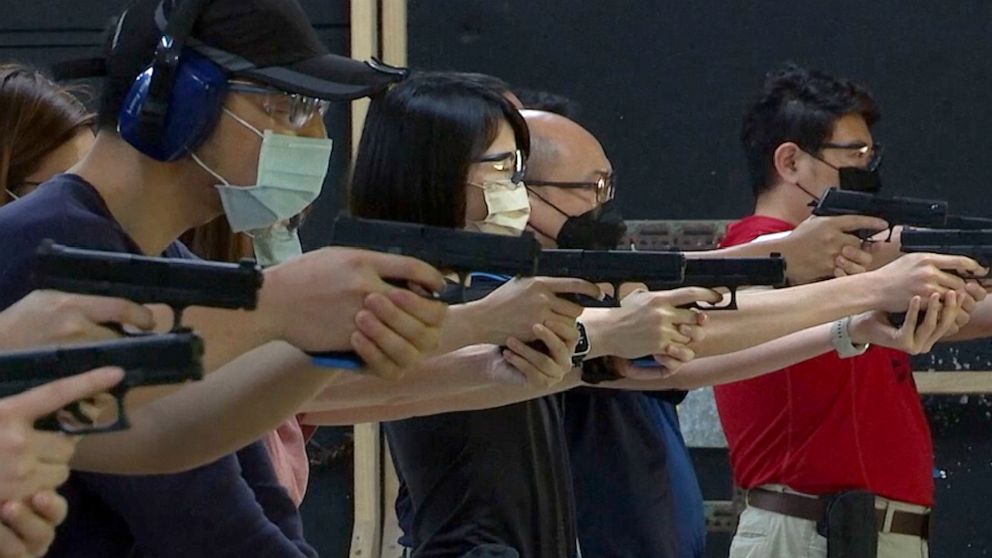
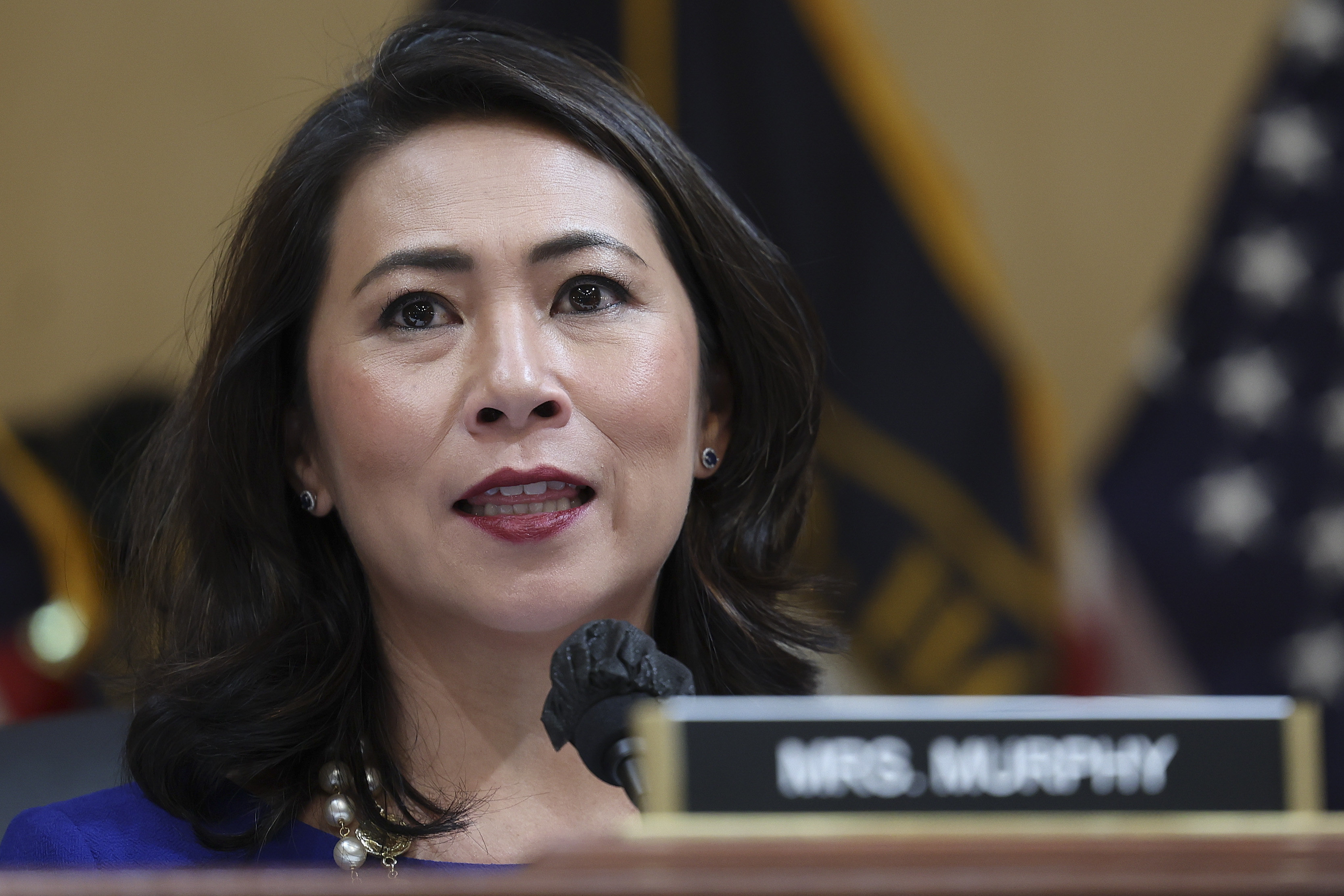
/cloudfront-us-east-2.images.arcpublishing.com/reuters/HPM2VXCURNJSDFCX2R6MKNOQO4.jpg)


